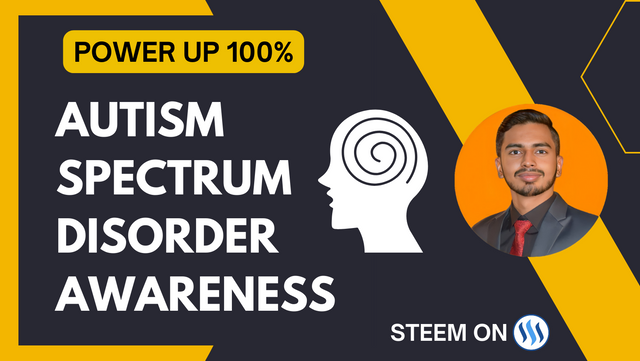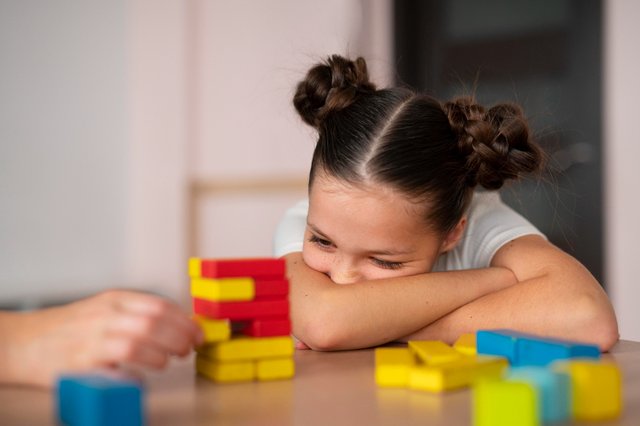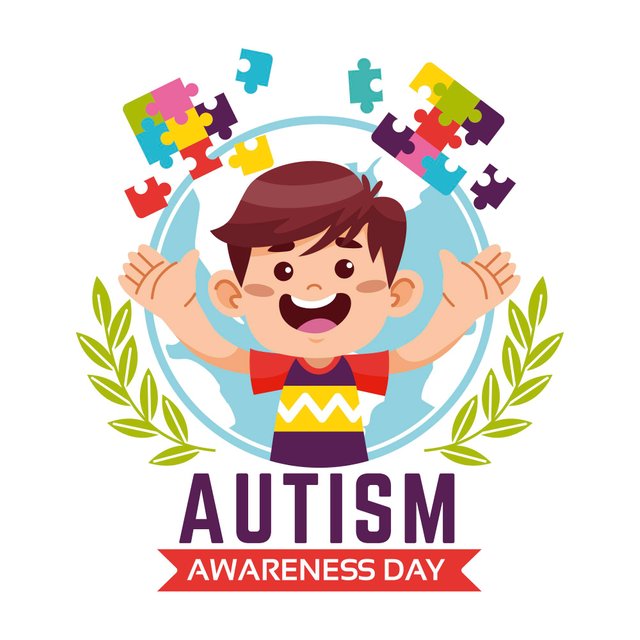

We all have our quirks and unique ways of interacting with the world, right? For some, this experience is amplified. Autism Spectrum Disorder or ASD is kind of like the brain's own special way of perceiving and communicating with the world around it. Kids with this disorder might behave differently and have trouble adjusting to changes in their routine. They might stand out from others and display behaviors that seem a bit odd. For example, certain sounds or textures might really bother them. Some kids become super focused and develop a deep interest in specific objects. They might have trouble understanding social cues, like avoiding eye contact. Some of these kids may have their very own way of expressing themselves – from limited speech to no words at all.
Think of these early signs as small clues that usually pop up when a child is around 18 to 24 months old, although they can sometimes show up a bit earlier. These symptoms might seem minor, but they shouldn’t be ignored.
Difficulties with social interaction are a main symptom. A child might seem distant and not make eye contact or respond to physical gestures like hugs and kisses. They might often seem to be in their own world.
Communication is also affected. Some kids might speak very little or use their own language. They might not use pointing gestures and have trouble expressing their needs. Repetitive behaviors and narrow interests are also characteristic of autism. Kids might do the same activity over and over or get upset with any change in their routine.
Sensory issues are common in autistic kids because their nervous system responds differently to stimuli. For example, they might shriek at a slightly bright light or get bothered by sounds that seem normal to us. They might protect themselves from these sensations by covering their ears or avoiding bright lights.
Furthermore, Delays in motor skills are common in these kids because their nervous system functions differently. Delays might be seen in milestones like walking and talking. All these can cause frustration as they might not fully understand or express themselves.
Well, here's the thing: ASD isn't something you 'cure'. It's more about understanding and managing it. It’s important for families and caregivers to support their strengths and interests. Recognizing their unique qualities and setting realistic goals is essential. Helping them with love and empathy makes a difference.
Speech therapy can help many autistic kids by improving their verbal and non-verbal communication skills. It helps them in basic conversation, expressing feelings, and making eye contact.
There are online forums where parents can share their stories and get advice. With timely treatment, significant improvements can be seen in their social skills, communication, focus, and behaviors, which improves their quality of life.
Oh, flashback time! I remember this day back in 12th grade when we visited a village. Some kids were having a go at this 15-year-old boy, who'd then run off and spin around, making these intriguing sounds. There was this wise-looking villager who stopped the kids from harassing him. At that time, I didn't have a clue about ASD. But connecting the dots now, I think our spinning friend might've had autism.

Some people think that autistic individuals are ‘insane’, but I think every person with autism is special. They have potential and talents; we just need to help them. Autism is not a disease; it’s just a different way the nervous system works. Society should empathize with them instead of ridiculing or shunning them.
Parents should fully embrace their child. Acknowledge their skills and interests and support them. Don’t set unreasonable expectations; rather, set goals based on their abilities. Give them time to adjust to social situations and slowly introduce them to making friends and group activities. But don’t pressure them – give them the room they need.
Early intervention and therapy can address their difficulties, helping them to lead lives that match their abilities. We should concentrate on their strengths and help them overcome their weaknesses. Increasing society’s awareness and support for people with autism would surely make a huge difference.

Early intervention can indeed help, but what is needed is all locked up in one word...LOVE!
My daughter gives classes to "angels," as she calls them, at a very young age. It is the magic of love she and the parents give that helps these angels get their wings.
Thank you for sharing an eye-opener for many parents.
Best wishes for the contest!
Downvoting a post can decrease pending rewards and make it less visible. Common reasons:
Submit
Thanks for the visit. Your daughter’s work with these “angels” is truly inspiring. 🙂
Downvoting a post can decrease pending rewards and make it less visible. Common reasons:
Submit
It is indeed special.
I just hope she gets the opportunity to continue her good work in New Zealand.
Downvoting a post can decrease pending rewards and make it less visible. Common reasons:
Submit
Very informative article thank you for sharing.
Downvoting a post can decrease pending rewards and make it less visible. Common reasons:
Submit
Thanks for stopping by my post. 😊
Downvoting a post can decrease pending rewards and make it less visible. Common reasons:
Submit
CONGRATULATION...
This comment has been upvoted through steemcurator08

Team 5: Curation Guidelines & Basics for September
Curated by - @chant
Downvoting a post can decrease pending rewards and make it less visible. Common reasons:
Submit
Thanks for the support @chant. It really means a lot to me. 😊
Downvoting a post can decrease pending rewards and make it less visible. Common reasons:
Submit
Yes. They really need more attention. Because their life may be stake due the disease.
Downvoting a post can decrease pending rewards and make it less visible. Common reasons:
Submit